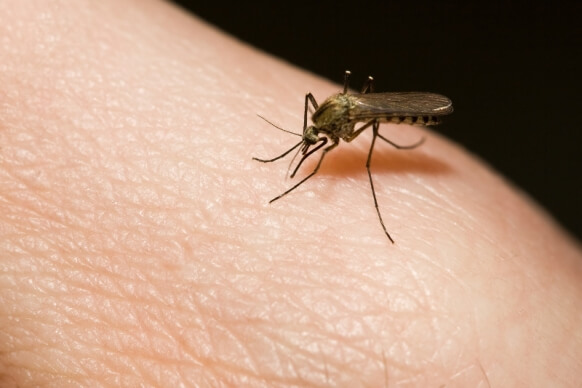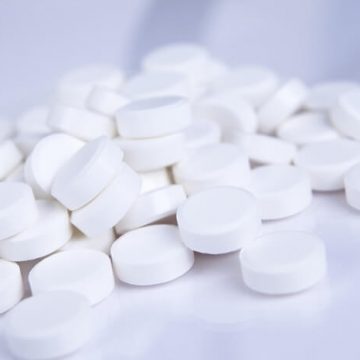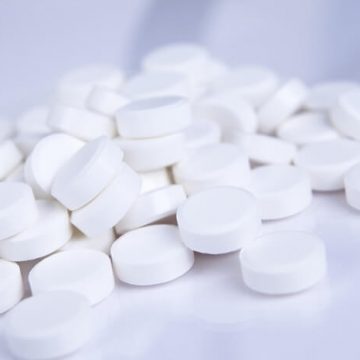Travellers visiting tropical and sub-tropical areas should take medication for malaria prevention. Although there are no vaccinations available, tablets are an option. Below are some anti-malarials which can be taken, depending on where you are going. Consult your pharmacist or doctor to discuss the most appropriate one for you.
- Chloroquine and Proguanil (known as Paludrine/Avloclor, can be bought from a pharmacy)
- Malarone
- Mefloquine (known as Lariam)
- Doxycycline
Chloroquine and Proguanil (known as Paludrine/Avloclor)
This anti-malarial is not so widely used because of the high probability of chloroquine resistance.
The dose is usually two tablets of Chloroquine to be taken weekly, which should be started one week before travelling to the malaria risk region, continued during the stay, and for four weeks after return.
In the same packaging, there are Proguanil tablets that should be taken once daily. This should be started one to two days before travelling, continued during the travel period, and for four weeks after returning from the malarious region.
The common side effects experienced by this medication are nausea, vomiting, diarrhoea or constipation, and headache. However, these can be prevented by taking the medication with or after food.
The less common side effects are hair loss, rashes, or visual disturbances. If it’s assessed that these effects are likely to occur, then there are many other alternative anti-malarials that the pharmacist or doctor will recommend to you.
Caution: those suffering from liver and renal disease should be assessed carefully before taking this medication.
Malarone
Malarone is one of the most popular prescribed medication for malaria prophylaxis. This is because of the fewer side effects experienced and the duration of treatment is short compared to other treatments.
Malarone should only be taken once a day that should be started one to two days before travel, continued once daily during travel, and for only one week after return.
Side effects include nausea, vomiting, diarrhoea, abdominal pain. This can be reduced or prevented by taking Malarone after food. Cough, rash, insomnia may also occur.
The main caution with this drug is for patients with kidney disease. If diarrhoea and/or vomiting are experienced, then the drug will not be fully absorbed.
Due to its short treatment duration, it is an expensive medication that is usually prescribed when travelling for a short period of time.
Mefloquine (known an Lariam)
Mefloquine is a weekly dose regimen drug that suits patients who prefer not to take tablets every single day, especially during their holiday. However, this drug has started to become rare due to its increased resistance.
One tablet should be taken preferably two and a half weeks before entering the malarious region, and then continued weekly during travel, and for one week after returning. It is recommended to start as early as two and a half weeks before travel to detect if side effects are experienced. If you cannot tolerate the side effects, then an alternative can be prescribed by the doctor.
Common side effects include nausea, vomiting, diarrhoea, stomach pain, headache, dizziness.
This should be avoided if you suffer from psychiatric disorders, such as depression, seizures, or any other mental disorder, as well as liver failure.
Doxycyline
This is the cheapest of all anti-malarials. If the side effects and duration of treatment are tolerable, then this is an effective and reasonable medication to take.
Doxycycline should be taken once daily, two days before entering the malarious region, and continued once daily during travel and for four weeks after return.
Side effects include an allergic reaction that can lead to swelling of lips, face, or neck; as well as stomach upset, heartburn, thrush, skin rash.
Make sure you avoid the sunlight, and patients under 12 years; as well as pregnant and breast-feeding women, should not take this medication.
For further detailed information on Doxycycline, please view the article Doxycycline side effects.
Important: Seek IMMEDIATE medical advice if you get fever within one year and, especially within three months of return from travel.



